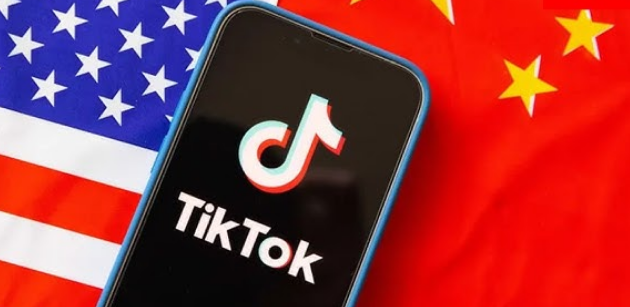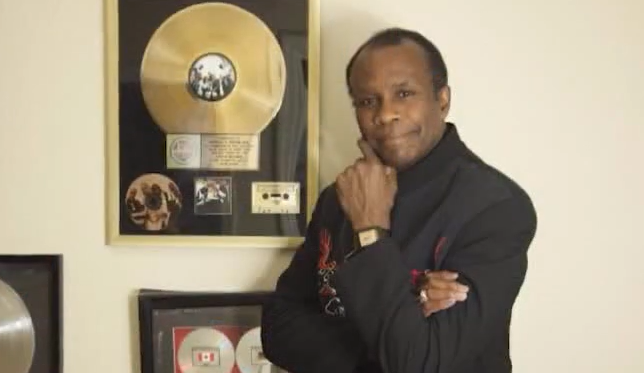"We must promote minority presence and participation in health planning and policy formation," said Rep. Laura Hall (Ala.). "Our legislative Black caucus has made one of its number one issues for every board, every task force and every planning committee that is organized to have minority participation."
[Op-Ed: Health]
The day before policymakers voted on President Barack Obama’s historical health care bill, members of the National Black Caucus of State Legislators (NBCSL) and the National Medical Association (NMA) met in Virginia for the first day of a series of panel discussions between state legislators, physicians and other health care professionals at the Eleventh National Colloquium on African-American Health (NCAAH).
This year’s affair was held March 20 thru 23 at the Westin Arlington Gateway hotel in Arlington, VA.
The forum began with a discussion that addressed whether or not the stimulus program made a difference in state health care delivery.
“Yes, it has worked. It has benefited our state government,” said Rep. Benjamin Swan (Mass.).
Swan said Massachusetts received about $16 billion from the stimulus program. A portion of that money went towards health-care education, technology and hospital construction.
Even though a significant number of people were affected by America’s failing economy, the stimulus program prevented a lot of other people from ending up jobless.
“Healthcare in Massachusetts has worked and is still working,” said Swan. “In fact, [the stimulus program] will be helping us with our 2011 budget that we are considering now because there will be funds made available as well.”
During a phone call with Swan on Friday, he said that he wanted everyone to understand that the stimulus program benefited all fields, not just health care.
Rep. Joe Armstrong (Tenn.), who served as the moderator for the discussion agreed that the stimulus program worked. However, some states moved programs that were in the reoccurring appropriations in the state’s budget into a category for programs that are not reoccurring appropriations so that the state’s budget could fund them.
The stimulus program is set to end December 2010. If it does, programs that were moved into a non-reoccurring appropriations category will no longer receive funding. Many of those programs were implemented to assist ethnic minorities.
In addition, Armstrong told physicians that they need to develop a relationship with their state legislators in order for policy makers to articulate their concerns when structuring policy.
One major questions was what policy makers can do to help educate the ethnic minority community about what’s happening in health care, and what they should be doing in order to live longer lives.
“We must promote minority presence and participation in health planning and policy formation,” said Rep. Laura Hall (Ala.). “Our legislative Black caucus has made one of its number one issues for every board, every task force and every planning committee that is organized to have
minority participation.”
Alphonso Gibbs, a social worker and advisor for Men’s Health Network (MHN), believes a Men’s Health Office needs to be established in state health departments – like in Georgia, Florida, Illinois and Louisiana – in order to educate men so that they can put positive lifestyles for their families into practice.
He said “if you start a family off with a healthy male…a healthy male will make healthy decisions and choices in the lives of both himself and his family.”
Also, legislators should encourage men to adopt healthy behaviors by developing working groups that consist of other policy makers, religious leaders and organizations like the NMA, MHN and key women’s groups in order to educate and reduce the African-American mortality rate from diseases that are preventable and treatable.
Furthermore, policy makers were encouraged to hold hearings and invite hospitals, neighborhood health centers and primary care providers in order to increase knowledge of programs that get implemented into ethnic minority communities.
Jones is Press Associate at Men’s Health Network
“Speaking Truth To Empower.”











